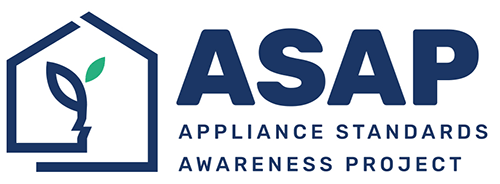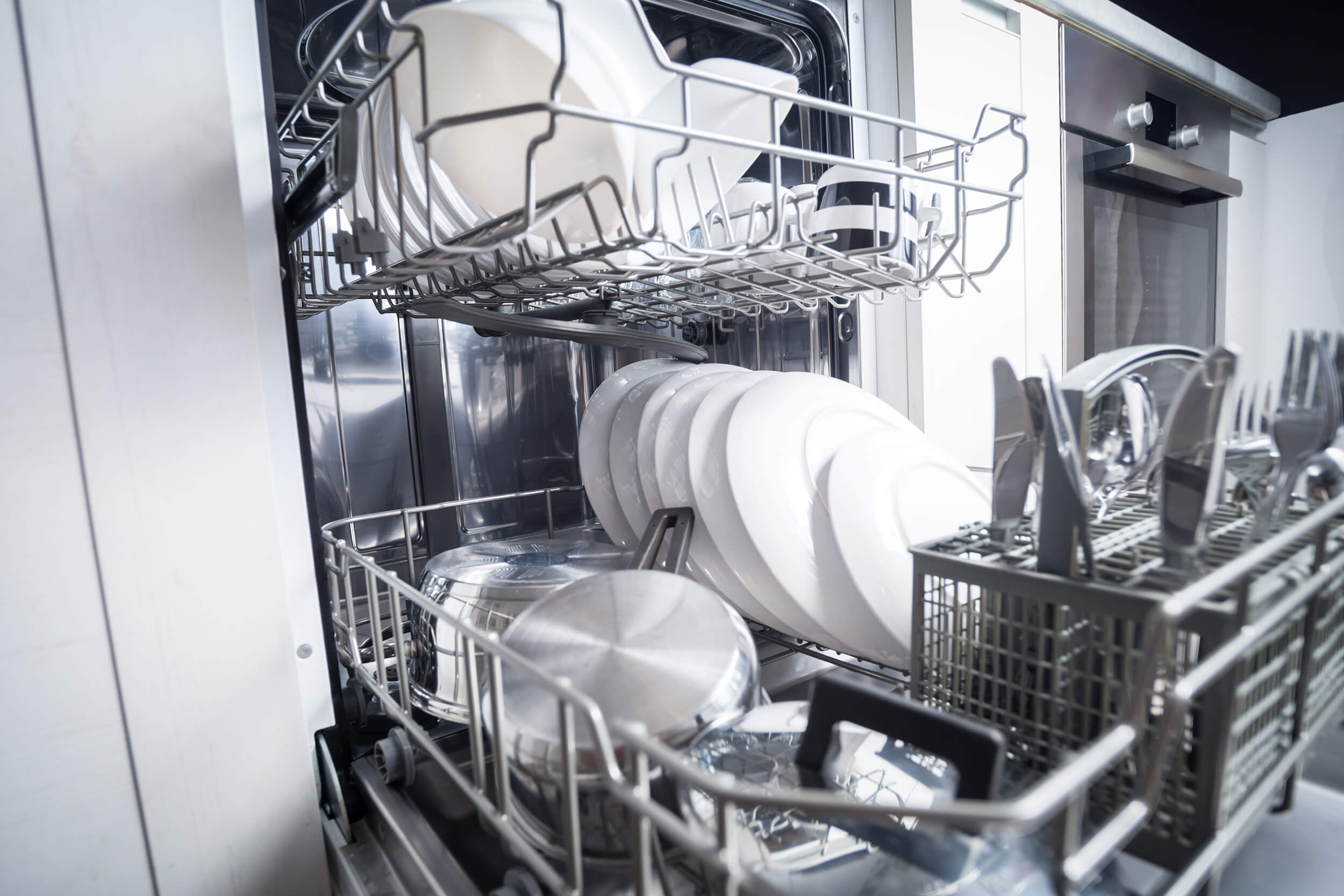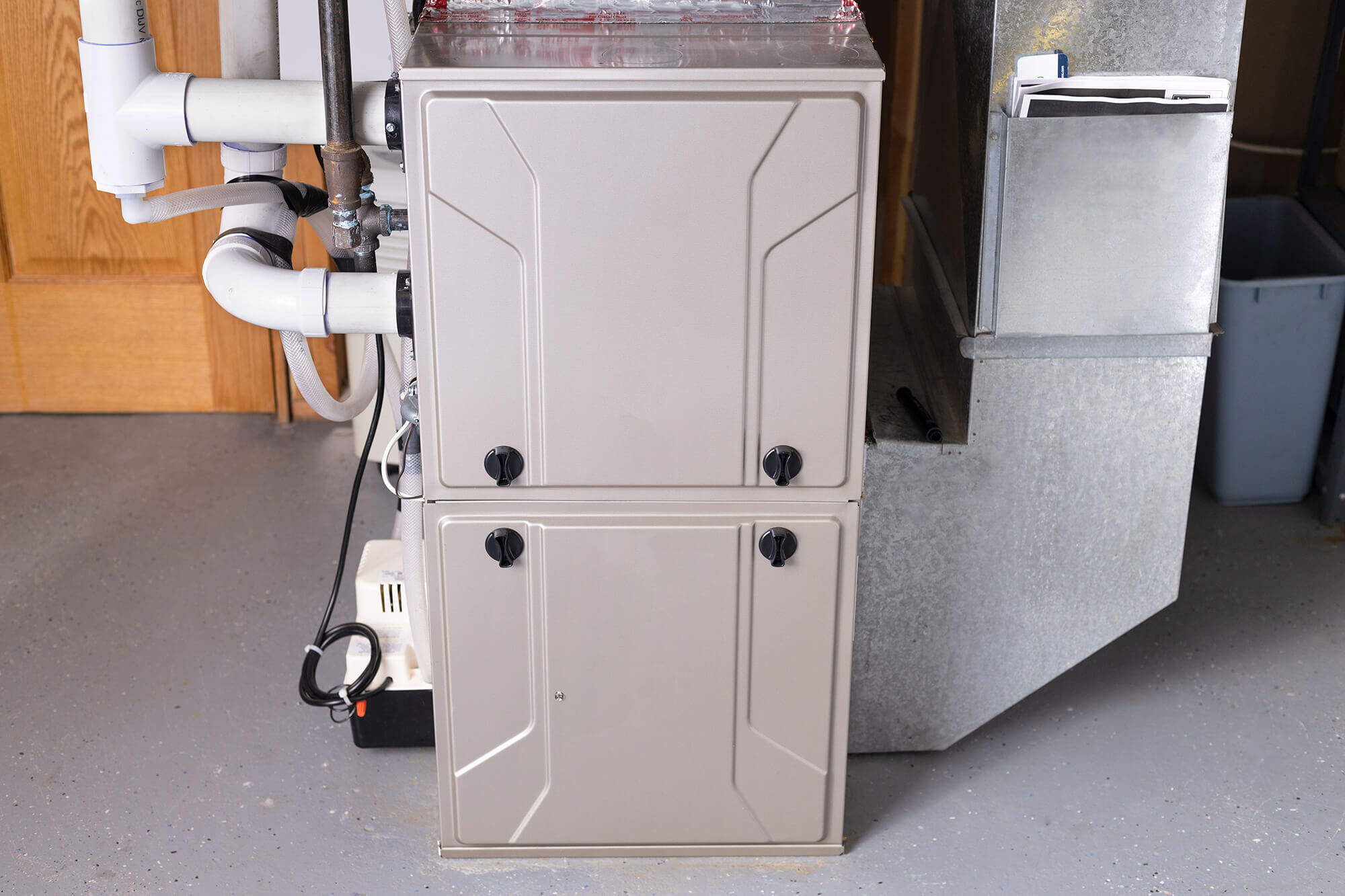Contact: Ben Somberg, 202-658-8129, bsomberg@aceee.org

Washington, DC—Several bills set to be considered in a U.S. House committee today would raise costs for households and businesses by attacking energy-saving standards. The Committee on Energy & Commerce’s Energy Subcommittee holds a markup today to consider amending the bills and vote on advancing them.
“Families and businesses are struggling to pay high energy costs. It makes no sense to take us back to more wasteful, lower-performing products that would raise bills further,” said Andrew deLaski, executive director of the Appliance Standards Awareness Project (ASAP). “We need efficiency standards more than ever to reduce costs and growing strain on the electric grid.”
The bills being considered include the following harmful measures:
- H.R. 4626 (Rep. Allen) would hand the executive branch new powers to attack existing efficiency standards and create roadblocks to future updates, keeping old, energy-wasting technologies on the market.
- H.R. 5184 (Rep. Houchin) would cancel recent energy efficiency standards for manufactured homes, keeping in place only a 1994 code that leaves many new homes with minimal insulation and high bills.
- H.R. 3699 (Rep. Langworthy) would go far beyond its touted purpose, instead “eliminating large swathes of commonsense health and safety protections, and threatening fundamental controls on energy prices,” according to a legal expert.
- H.R. 4758 (Rep. Goldman) would try to stop energy-saving home rebates, building codes, and job training programs, increasing energy costs and strain on the grid.
- H.R. 4690 (Rep. Langworthy) would weaken energy standards for federal buildings, enabling more government waste.
- H.R. 4593 (Rep. Fry) would change the regulatory definition of a showerhead, opening the door for the Trump administration to try to circumvent long-established standards, likely benefiting imports.
One bill in the group is beneficial. H.R. 1355 (Rep. Tonko) would ensure that more homes can be made ready for weatherization improvements and have access to adequate resources to carry out weatherization upgrades.
The bills are discussed in more detail in deLaski’s written testimony to the committee. An ASAP fact sheet provides more information on H.R. 4626.
###




